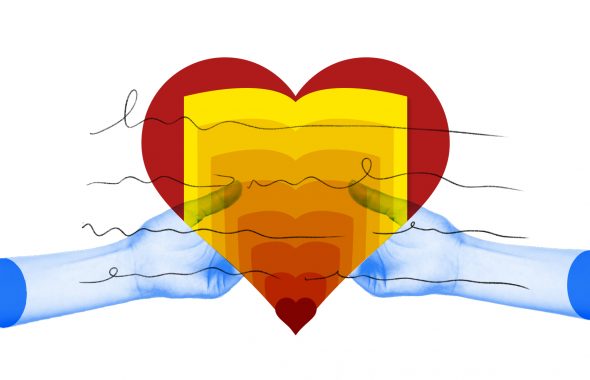Since English is a major lingua franca, languages around the world import English loanwords. Usually, meanings don’t change. But sometimes, other languages give completely new meanings to words and phrases that look like English but aren’t ever used by English-speakers (or aren’t used in the same way).
For example, in Germany, wearing a bodybag doesn’t mean you’re dead in the morgue. And, face control in Russia has nothing to do with maintaining exquisite mastery of your facial features.
So, what do bodybag and face control mean? It’s time to learn English all over again—or something that looks a lot like it.

























